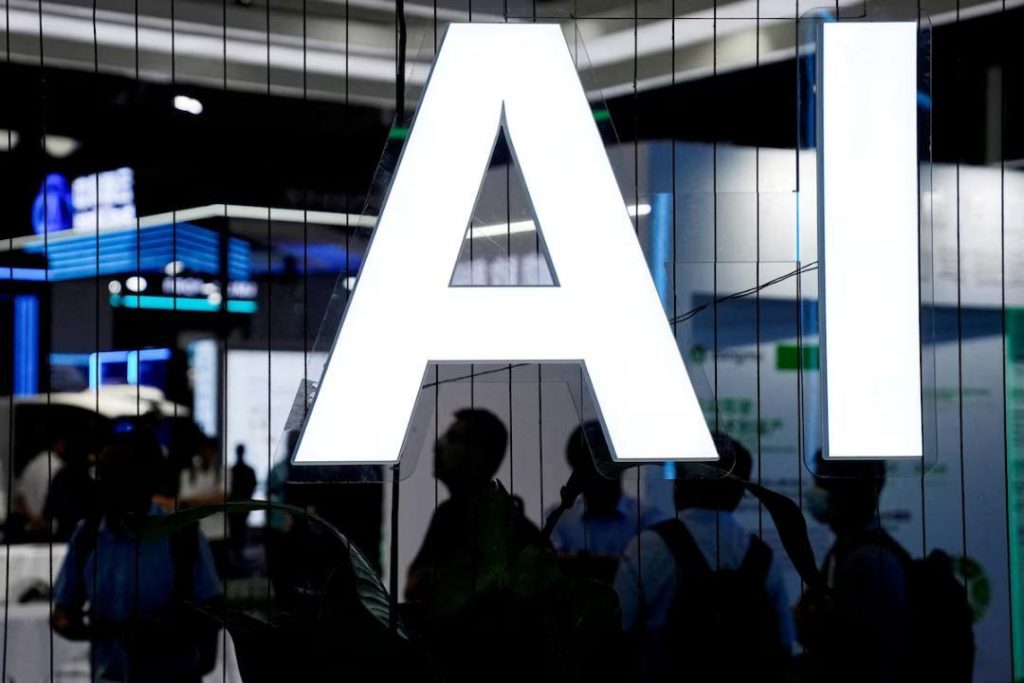
Title: Data Centres to Consume More Electricity than Japan by 2030: Study
The rapid growth of data centres and their increasing reliance on artificial intelligence (AI) are expected to lead to a significant surge in electricity demand, according to a recent study by the International Energy Agency (IEA). The report forecasts that data centres will consume more electricity than Japan by 2030, with a projected demand of around 945 terawatt-hours (TWh). This is a stark reminder of the significant impact that the digital revolution is having on the global energy landscape.
Data centres have become an essential part of modern life, serving as the backbone of the internet and enabling the storage and processing of vast amounts of data. However, their growth has not gone unnoticed, with concerns raised about their energy consumption and environmental impact. The IEA’s report highlights the need for the data centre industry to adopt more sustainable practices and technologies to reduce its carbon footprint.
The study found that data centres accounted for around 1.5% of the world’s electricity consumption in 2024. However, this figure is expected to more than double by 2030, driven primarily by the increasing use of AI in data centres. AI is being increasingly used in data centres to improve the efficiency and performance of servers, as well as to enable new applications and services. The report notes that AI has the potential to transform the energy sector, enabling the efficient use of renewable energy sources and reducing energy waste.
The report also highlights the need for the data centre industry to adopt more sustainable practices and technologies to reduce its carbon footprint. This includes the use of renewable energy sources, such as solar and wind power, as well as the implementation of energy-efficient technologies and practices. The report notes that the data centre industry has made significant progress in recent years, with many companies committing to 100% renewable energy targets.
The growth of data centres is not limited to the technology sector, with many industries relying on them to process and store vast amounts of data. This includes healthcare, finance, and education, among others. The report notes that the growth of data centres is expected to continue, driven primarily by the increasing use of AI and other digital technologies.
The IEA’s report highlights the need for governments and industry stakeholders to work together to address the growing demand for electricity from data centres. This includes the development of new technologies and practices, as well as the implementation of policies and regulations to support the growth of the data centre industry.
In conclusion, the IEA’s report highlights the significant growth of data centres and their increasing reliance on AI. The report predicts that data centres will consume more electricity than Japan by 2030, driven primarily by the increasing use of AI in data centres. The report also highlights the need for the data centre industry to adopt more sustainable practices and technologies to reduce its carbon footprint.
The report’s findings have significant implications for the global energy landscape, highlighting the need for governments and industry stakeholders to work together to address the growing demand for electricity from data centres. The report provides a timely reminder of the need for the data centre industry to adopt more sustainable practices and technologies to reduce its carbon footprint and support the growth of the digital economy.






